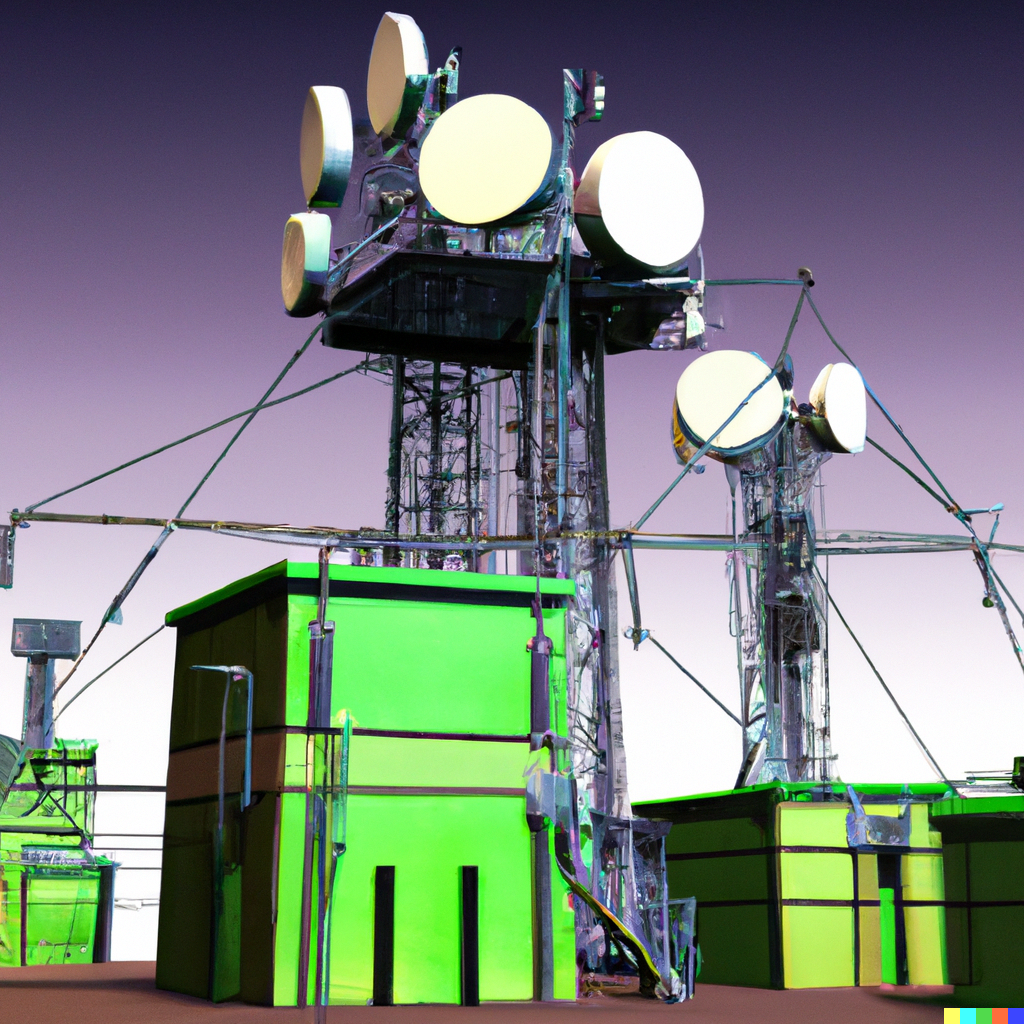July 18 | Infrastructure Technology InfraTech

In our increasingly digital world, where technology is the cornerstone of progress, a new term has emerged to describe a pivotal sector: Infrastructure Technology, or InfraTech. This burgeoning field represents a fusion of traditional infrastructure with cutting-edge technology solutions, promising to reshape how we build, manage, and interact with our physical environment. From smart cities to sustainable energy solutions, InfraTech holds the potential to revolutionize industries and improve the quality of life for people worldwide.
At its core, InfraTech encompasses the integration of advanced technologies into infrastructure systems. This includes everything from transportation networks and utilities to buildings and communication systems. The goal is to enhance efficiency, sustainability, and resilience across these critical domains. Technologies such as IoT (Internet of Things), AI (Artificial Intelligence), blockchain, and advanced data analytics play pivotal roles in InfraTech, enabling real-time monitoring, predictive maintenance, and optimized resource allocation.
InfraTech enables cities to become smarter by integrating data-driven decision-making with infrastructure management. From smart grids that optimize energy distribution to connected transportation systems that reduce congestion and pollution, InfraTech transforms urban living.
Renewable energy sources like solar and wind power benefit from InfraTech through enhanced monitoring and grid management. This ensures efficient energy distribution and enables seamless integration of decentralized energy sources.
InfraTech improves transportation networks with AI-powered traffic management systems, real-time fleet monitoring, and autonomous vehicles. These innovations promise safer, more efficient travel experiences while reducing environmental impact.
Building Information Modeling (BIM) and augmented reality (AR) revolutionize the construction industry, facilitating precise planning, cost efficiency, and enhanced safety during project execution.
Efficiency: Automation and predictive analytics minimize downtime and optimize resource use.
Sustainability: Reduced carbon footprint through smarter energy consumption and waste management.
Resilience: InfraTech enhances infrastructure's ability to withstand and recover from natural disasters and other disruptions.
Despite its promise, InfraTech faces challenges such as cybersecurity risks, interoperability issues between legacy and new systems, and the need for substantial initial investments. Addressing these challenges requires collaboration between governments, private sectors, and technological innovators to ensure seamless integration and sustainable development.
Looking ahead, the future of InfraTech is promising. Emerging trends include the widespread adoption of 5G technology for enhanced connectivity, advancements in autonomous systems for transport and maintenance, and the rise of digital twins—virtual replicas of physical assets that enable real-time monitoring and simulation.
InfraTech represents a paradigm shift in how we conceptualize and interact with infrastructure. By harnessing the power of technology, we can create more sustainable, efficient, and resilient cities and industries. Embracing InfraTech is not just about upgrading infrastructure; it's about laying the foundation for a smarter, greener future for generations to come.
As we navigate the complexities of the 21st century, InfraTech stands as a beacon of innovation, offering solutions to some of our most pressing challenges. By investing in and leveraging InfraTech, we pave the way for a more connected, sustainable, and prosperous world.
Remember, the future of infrastructure is here—and it's technological.
SHARE THIS:
© Copyright 2026Global Tech AwardsAll Rights Reserved